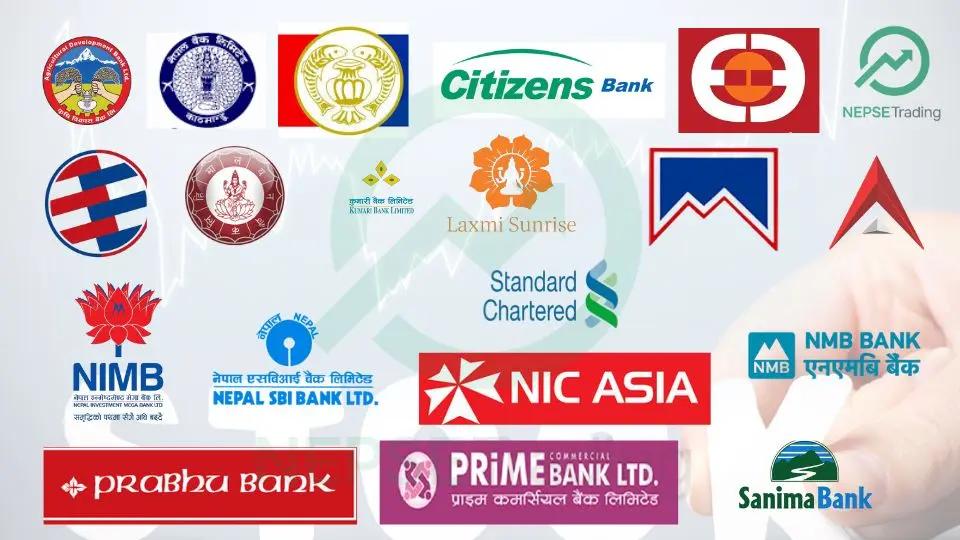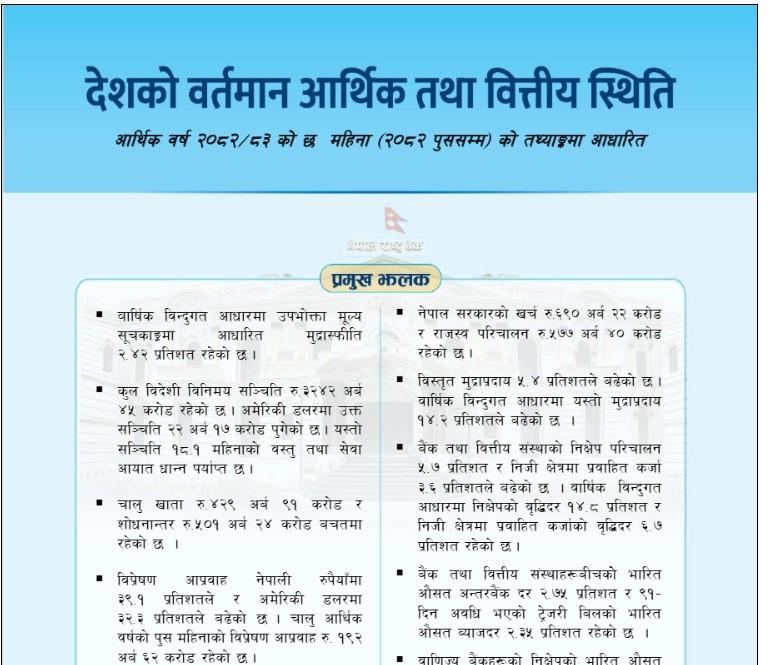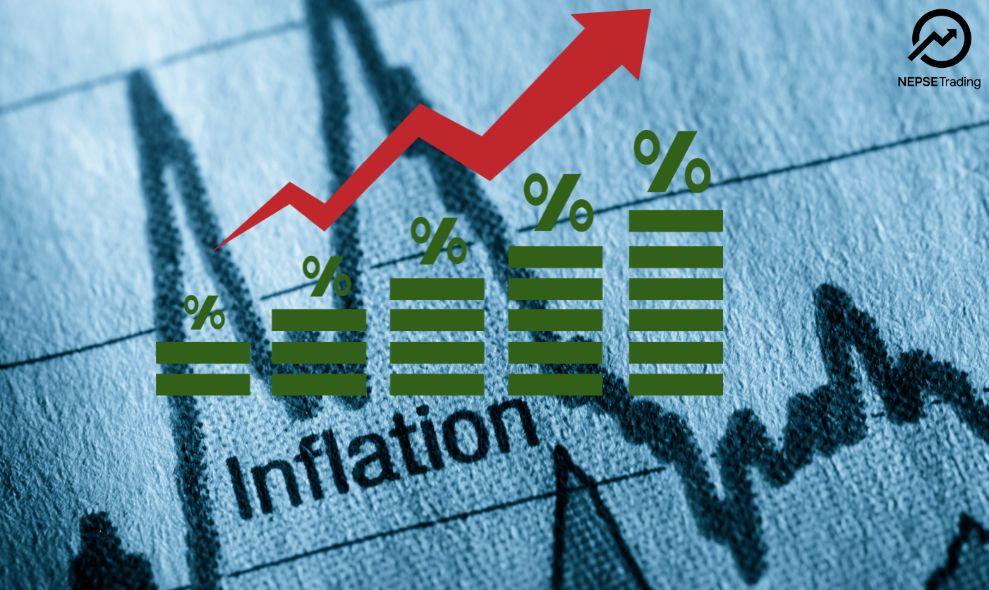By Sandeep Chaudhary
Revenue Growth Turns Negative in Early 2082/83: A Warning Signal?

Nepal’s fiscal indicators show a concerning shift in early FY 2082/83 as government revenue contracted by -10.8% year-on-year in mid-August, reversing the momentum of FY 2024/25 when revenue had grown by 10.5% annually. This marks the weakest performance in recent years, with implications for fiscal sustainability, development spending, and investor confidence.
The decline in revenue is primarily linked to sluggish imports, which remain the backbone of Nepal’s tax system. Customs duties, VAT, and excise taxes on imports account for a large share of government income, meaning that any slowdown in trade immediately impacts collections. Although imports rebounded modestly (+11.4% year-on-year in mid-August 2082/83), the growth was insufficient to offset revenue losses, as much of the expansion was in lower-taxed or essential items. Simultaneously, falling domestic consumption—evident in weak private sector credit growth (7.7%) and modest wage increases—has reduced VAT and excise collections on domestic goods and services.
This contraction in revenue poses significant risks for Nepal’s fiscal management. Development spending has already been weak, with capital expenditure stagnating around 3–4% of GDP, far below the levels needed to boost infrastructure and long-term growth. A revenue shortfall may force the government to either cut back further on development projects or rely on increased borrowing. With domestic debt already at 20.8% of GDP and external debt at 22.9% of GDP, fiscal space is narrowing.
The warning signal here is not only about immediate revenue weakness but also about Nepal’s structural dependence on imports for tax collection. As the economy attempts to diversify toward exports, hydropower sales, and domestic production, the tax base must also broaden to reduce volatility. Without reforms in income tax, property tax, and compliance enforcement, revenue fluctuations will continue to undermine fiscal stability.









